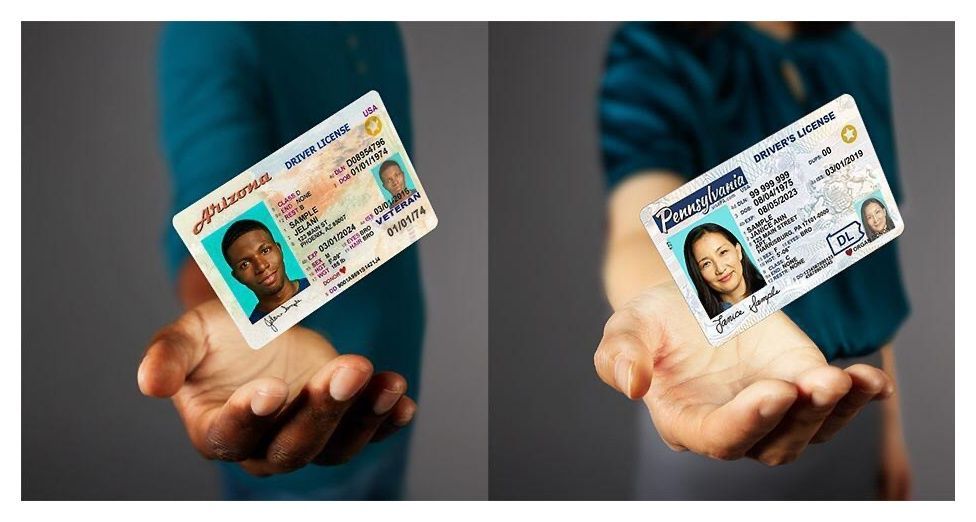Are you wondering if someone is spying on your activities in the cryptocurrency space? In the current digital world, it is possible to do anything via the internet, and your online activities generate a string of important data.
Prying eyes are now taking advantage of your digital footprints to steal, alter or destroy crucial credentials with the intention of using them for malicious activities such as fraud.
Cryptocurrency investors are prone to cyber-attacks because these digital currencies are run online. As the price of Bitcoin and other cryptocurrencies continue to rise, so does the number of cyber attacks on investors. This is why it is very important that you choose a reliable and secure crypto wallet. This blog post highlights some of the security measures you should take to protect your cryptocurrency stash.
1. Choosing a Safe E-Wallet That Meets Your Needs
An e-wallet is an online portfolio that you use to store, hold, send, receive, track, sell or buy Bitcoin among other digital assets. There are numerous types of crypto wallets such as wallets on bitcoin exchanges and cold wallets. It is important that you pick one that best suits your needs.
It is equally important that you choose a reputable e-wallet provider. There are fraudulent providers out there, and you will therefore need to stay vigilant to avoid being scammed or defrauded.
2. Enabling Two-factor Authentication
When choosing a digital wallet, pick one that has two-factor authentication. This is an additional security layer that requires further verification before completing transactions and other activities such as signing in.
The e-wallet will request a two-factor verification code whenever someone is attempting to access the wallet. This will always sound an alarm when anyone tries to defraud you.
3. Encrypting your Digital Wallet
Besides two-factor authenticating your e-wallet, it is also important that you encrypt it as a further precaution against cyber-attacks. Encryption enables you to set a unique password to lock your digital coins when third-parties attempt to access them. The attacker will not be in a position to steal your crypto unless he or she has access to your password.
4. Backing Up Your Wallet on A Regular Basis
With some digital wallets, it is possible to back up all your data. When your data is backed up, you can easily access it whenever there is software or computer failure. It could also help you retrieve your money if it got lost.
It is recommended that you use multiple backup devices for easier access and recovery of your data. You can work with backups on paper or hard devices such as CDs and USBs.
5. Utilizing Multi-Signature Features
If you happen to be holding significantly huge amounts of digital coins, using a multi-signature wallet is a smart way to secure your stash. There are many e-wallets with this feature, and request the digital signature of multiple authorized users for one to access the e-wallet.
Unless all the authorized users approve the login, hackers cannot access your digital wallets or compromise your cryptocurrency funds. It is therefore important to check whether your digital wallet has this feature.
6. Updating Your Software
You should regularly update your wallet software to rip the benefits of the latest features, security fixes, and improvements of your wallet. Make sure that you have turned on automatic updates and update notifications.
This way, you will always know when your software is updated and what new features have been incorporated. However, always take time to check for bugs before installing updated versions of the software.
7. Use Different Password for Different Accounts
The chances are that you have so many online accounts by now. If you have been using the same password across all accounts, you are in great danger. The best online security practice is using unique and strong password combinations for every account.
The password combination should have a mix of lowercase and uppercase letters, symbols, and numbers to create a strong and lengthy password that’s hard to crack. You should never share confidential information such as your crypto wallet password. Memorize it or write it down on a piece of paper.















